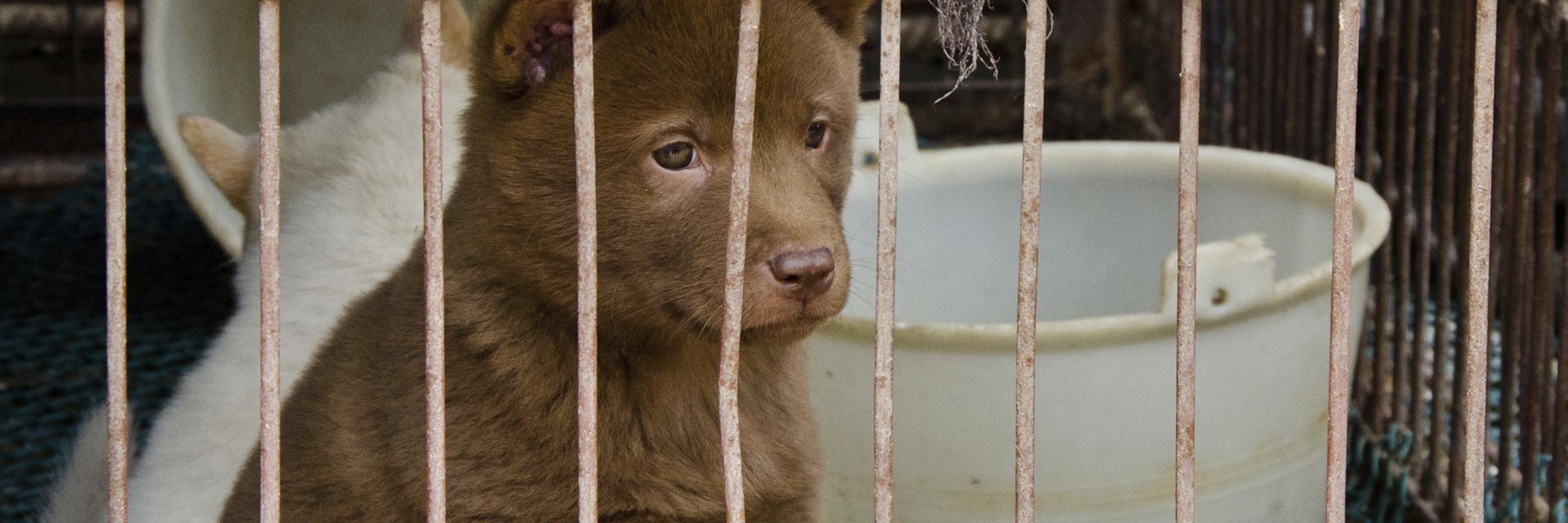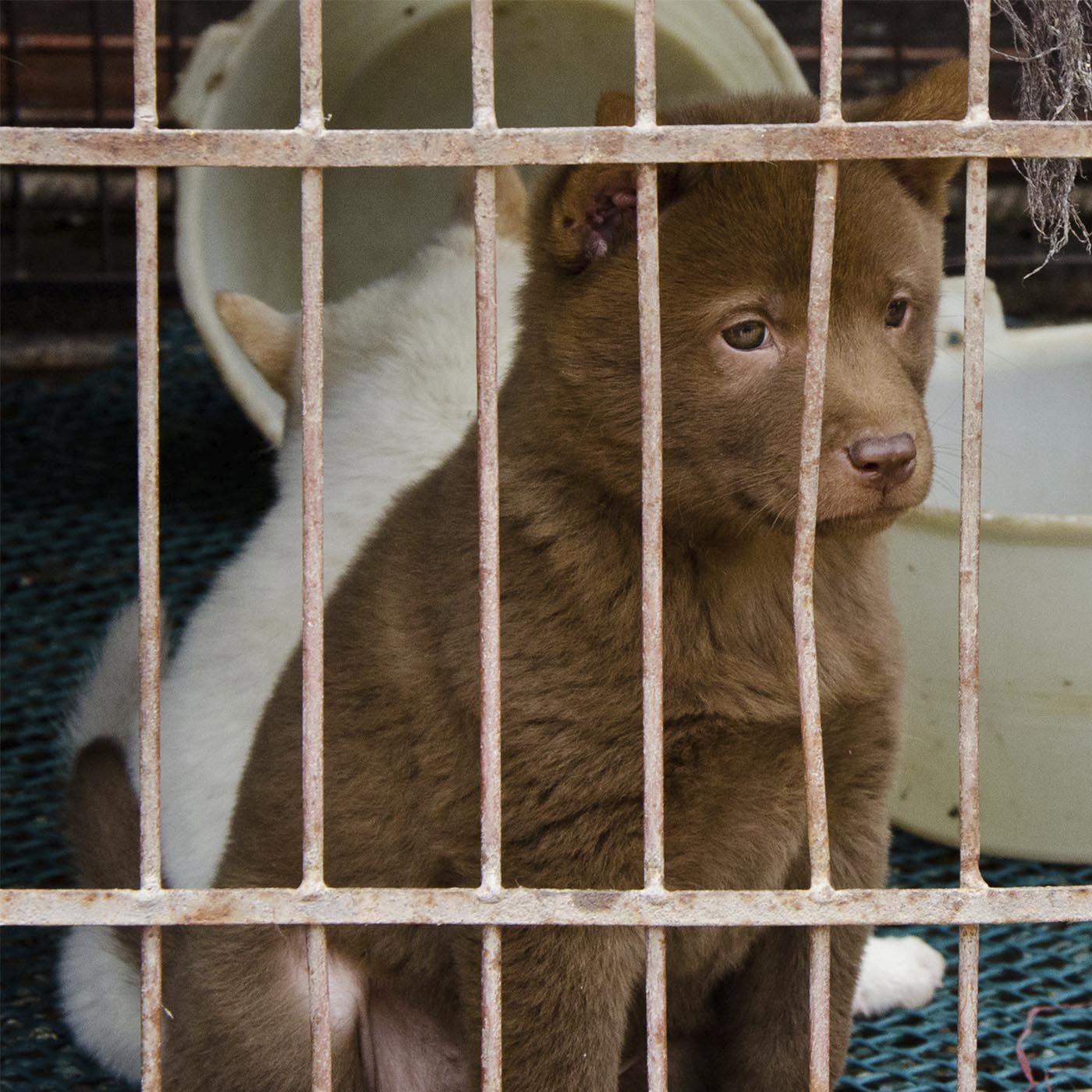Every June, a controversial event takes place in Yulin, Guangxi, China — the Yulin Dog Meat Festival. Known officially as the Lychee and Dog Meat Festival, this ten-day celebration has sparked global debate for years. Whether you're curious about its origins, concerned about animal welfare, or just trying to understand the cultural significance, this article dives into everything you need to know about the festival and the conversations surrounding it.
So, what exactly happens during this event? Why does it continue despite growing international criticism? And is it really a “festival” in the traditional sense? Let’s explore the facts, the emotions, and the broader implications of the Yulin Dog Meat Festival.
Before we get into the details, it's important to note that the festival has evolved over time and remains a complex issue. While some locals consider it a summer solstice tradition, others — both inside and outside of China — see it as a deeply troubling practice. Let’s take a closer look at what makes the Yulin Dog Meat Festival such a hot topic.
Table of Contents
- What Is the Yulin Dog Meat Festival?
- History and Origins of the Festival
- Why the Controversy Surrounds This Event
- Animal Welfare Concerns and Public Outcry
- Changing Attitudes in China Toward Dog Meat Consumption
- The Economic and Cultural Aspects of the Festival
- Frequently Asked Questions
What Is the Yulin Dog Meat Festival?
The Yulin Dog Meat Festival, or more accurately the Lychee and Dog Meat Festival, is a ten-day event held annually in Yulin, Guangxi, China. It usually starts on or around June 21 — the summer solstice — and runs through June 30. Despite its name, many argue that it's not a festival in the traditional sense, but rather a seasonal food event.
During this time, dog meat is consumed in large quantities, often paired with lychees and liquor. Estimates suggest that over 10,000 dogs are slaughtered and eaten during the ten-day period. While dog meat is consumed in parts of China and neighboring countries like Vietnam and South Korea, the Yulin event has drawn significant international attention.
So, why does this particular event generate so much attention? For starters, the timing, scale, and public nature of the event — with open-air restaurants serving dog meat dishes — make it more visible than other dog meat consumption practices. It also tends to attract animal rights activists and media coverage from around the world.
History and Origins of the Festival
The Yulin Dog Meat Festival officially began in 2009. Though some claim it has roots in ancient traditions, many historians and locals say it's a relatively new phenomenon driven more by commerce than culture. The idea of eating dog meat during the summer solstice isn't unique to Yulin — it's a practice that exists in various forms across parts of Asia.
In the early 2000s, local businesses in Yulin started promoting dog meat dishes during the summer solstice as a way to boost tourism and seasonal sales. The pairing with lychees, which are in season during June, helped create a unique local identity for the event. Over time, the event gained traction, especially after social media and international news outlets began covering it.
But here's the thing: many older residents of Yulin say they didn't grow up with this festival. For them, it's a recent development that doesn't reflect traditional customs. That’s one reason why the term “festival” can be misleading — it implies a longstanding celebration, which isn’t exactly accurate.
Why the Controversy Surrounds This Event
The Yulin Dog Meat Festival has become a lightning rod for controversy. On one side, there are those who see it as a cultural practice that should be respected. On the other side are animal rights activists and concerned citizens who view the event as cruel and unnecessary.
One of the biggest concerns is the treatment of the dogs. Many of the animals are reportedly not raised for food but are instead stolen pets or captured strays. The methods used to transport and slaughter the dogs are often inhumane, drawing strong reactions from animal welfare organizations.
There’s also the public health aspect. Some worry about the risks of disease transmission, especially when animals are kept in unsanitary conditions. In recent years, there have been calls for better regulation and transparency in the dog meat trade, not just in Yulin but across China.
So, while some locals defend the practice as a part of their heritage, others — especially younger generations — are turning away from it. The debate continues to evolve, and it’s not just happening in China. International organizations and celebrities have spoken out against the festival, adding to the global conversation.
Animal Welfare Concerns and Public Outcry
Animal welfare groups have been vocal in their opposition to the Yulin Dog Meat Festival. Organizations like Humane Society International and Animal Asia have documented the brutal conditions under which many dogs are transported and killed. These groups argue that the event perpetuates cruelty and lacks proper regulation.
One of the most disturbing aspects is the way dogs are handled before slaughter. Some are reportedly beaten, boiled alive, or electrocuted — practices that are not only inhumane but also raise serious ethical concerns. Videos and reports from the event have gone viral, fueling outrage and prompting protests.
There’s also the issue of stolen pets. Many families in China and neighboring countries report missing dogs around the time of the festival, suggesting that some of the animals are not farm-raised but rather taken from homes. This adds another layer of emotional distress for pet owners.
Still, it’s important to note that not all dog meat consumed in China comes from these conditions. There are legal dog meat farms, and some argue that the industry should be regulated rather than banned outright. But until there’s better oversight, the Yulin festival remains a focal point for criticism.
Changing Attitudes in China Toward Dog Meat Consumption
While dog meat has been consumed in parts of China for centuries, attitudes are shifting — especially among younger generations. Surveys show that many urban Chinese people no longer eat dog meat, partly due to changing perceptions of pets and animal rights.
In recent years, there’s been a growing pet culture in China. More people are keeping dogs as companions, and the idea of eating them has become increasingly uncomfortable. Social media campaigns, celebrity endorsements, and grassroots activism have all played a role in this shift.
Some local governments have even started cracking down on illegal dog meat operations. In 2020, for example, the Chinese government updated its list of livestock, excluding dogs from being classified as food animals. This move was seen by many as a step toward regulating the industry and improving animal welfare.
So, while the Yulin Dog Meat Festival still happens, it’s facing more internal resistance than ever before. It’s a sign that the conversation around animal rights and ethical eating is gaining traction, even in places where such issues were once overlooked.
The Economic and Cultural Aspects of the Festival
For some business owners in Yulin, the festival represents a major source of income. Local restaurants, markets, and vendors rely on the influx of visitors and media attention to boost sales. In that sense, the festival has become more than just a food event — it’s an economic driver for certain sectors.
But culturally, its significance is debated. Some argue that it's not a deeply rooted tradition but rather a modern marketing strategy. Others point to historical references of dog meat consumption in China, especially in rural areas, to support its legitimacy.
Still, there’s no denying that the festival has become a symbol — both of regional identity and of global concern. Whether you see it as a cultural right or an ethical issue depends largely on your perspective and values.
As the debate continues, many hope for a middle ground — one that respects local customs while also protecting animal welfare and public health. Until then, the Yulin Dog Meat Festival remains a complex, emotional topic that touches on tradition, ethics, and globalization.
Frequently Asked Questions
When is the Yulin Dog Meat Festival held?
The event runs annually from June 21 to June 30 in Yulin, Guangxi, China. It typically starts around the summer solstice, which falls on June 21 or 22.
Is the Yulin Dog Meat Festival a real festival?
While it’s called a festival, many argue it's more of a seasonal food event promoted by local businesses. It lacks the traditional cultural elements of most festivals and has only been around since 2009.
Why is the Yulin Dog Meat Festival controversial?
The controversy stems from animal cruelty, concerns about stolen pets, and health risks. The event has drawn international criticism from animal rights groups and public figures, making it a hot topic in both China and the wider world.
If you're interested in learning more about the cultural and ethical debates surrounding the festival, you can explore more about animal rights in Asia on our site. You might also want to check out our page on ethical food choices for further insights.
For more in-depth information and updates, you can refer to Humane Society International, which provides ongoing reports and advocacy efforts related to the Yulin Dog Meat Festival.


:max_bytes(150000):strip_icc():focal(999x0:1001x2)/dog1-2000-edeab09a1fb948cbbea39629fa111ed3.jpg)
Detail Author:
- Name : Christine Quigley
- Username : glover.elmo
- Email : pollich.celine@mcglynn.info
- Birthdate : 1983-06-01
- Address : 69320 Dickens Ports Jaidenbury, TN 73718-2121
- Phone : 607-413-9471
- Company : Brekke, Tillman and Eichmann
- Job : Immigration Inspector OR Customs Inspector
- Bio : In est consequuntur suscipit non excepturi est deserunt. Non debitis cum sit. Omnis sunt soluta ut quas incidunt eos ea. Accusantium aut consectetur rerum voluptatem in velit.
Socials
tiktok:
- url : https://tiktok.com/@luciano.koss
- username : luciano.koss
- bio : Maiores blanditiis voluptatem impedit ab est quo.
- followers : 5906
- following : 1579
facebook:
- url : https://facebook.com/luciano_koss
- username : luciano_koss
- bio : Voluptatem et illo quos qui.
- followers : 6010
- following : 2564
linkedin:
- url : https://linkedin.com/in/kossl
- username : kossl
- bio : Vel sint eaque quia quaerat.
- followers : 6675
- following : 1985

